WoW! Reset 2024: Get the most out of the hardest-working room in your house - the kitchen!
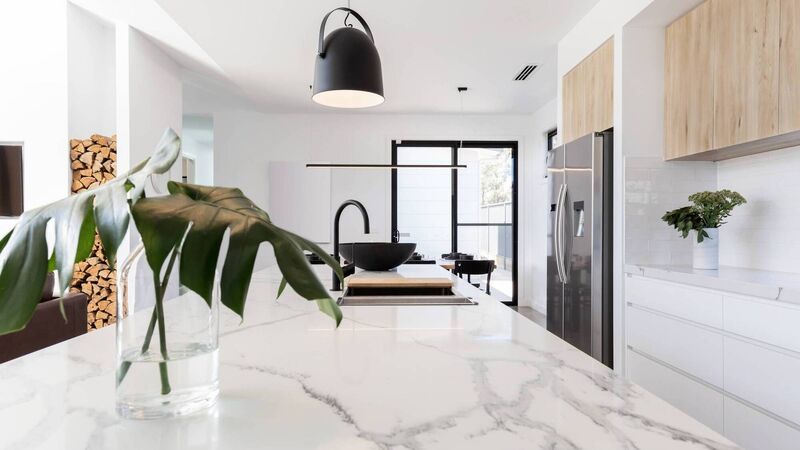
Kate Ryan is helping us reset the hardest working room of the house.
WHEN was the last time you really sorted out your kitchen? Sure, in the lead up to Christmas you might have jigged a few things around a bit to make room for all fun stuff you bought. By now, you may even have been organised and savvy enough to have used up absolutely everything, patting yourself on the back for your zero-waste festive triumph.
But what about from here on in?
Let’s face it, for most of January, we’re burnt out from the holidays, desperately clinging on until pay day, and feeling the effects of the winter – which makes it the perfect time to sort the house out ready for the year ahead!
That includes the kitchen.
Even though I like to think my kitchen is organised, if I’m honest every press is stuffed to the brim with random odd bits of larder ingredients, or too many pieces of crockery, glassware and mugs, none of which match or so old I can’t remember where they came from.
A reset in the kitchen should be from pot to plate. When I give tips on how to budget better, shop better, or cook more savvily to make everything go further, it starts with an audit – literally taking stock of what you already have so you only shop for what you need.
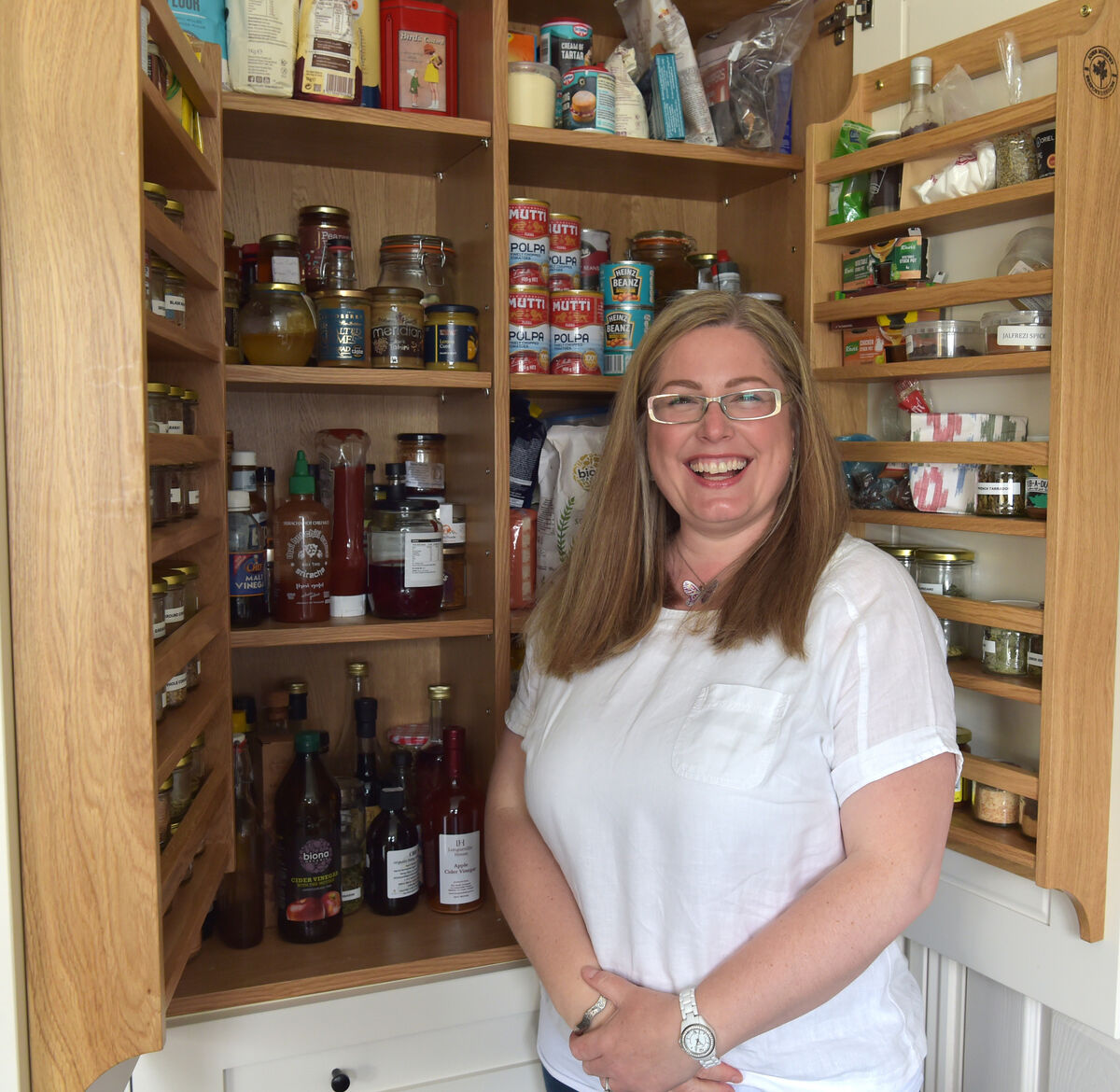
But a true kitchen reset should start with looking at the nuts and bolts of your kitchen, and often that means making space and doing some fixing up. Maybe a light in the extractor fan needs replacing, a press door is on the wonk, or the oven could do with a post-festive clean down.
When it comes to making space, go through what is in your presses, the fridge, freezer, larder. What is in there that could be moved on or made use of? Is something out of date? Bin it. Can it be used in quick order? Make a meal plan where it can be used in the next week, and if you don’t, then bin it. Is there’s a little something left over that can be put with something else to make a quick snack or an easy lunch? Use it.
Make the space, not to back fill with something else, but to make your life easier. Is there an old or broken pot, plate, cup that really needs to go? Is this the year to buy a nice new set of pots, glasses or mugs? What needs to be moved on to make that happen?
And although none of us like doing it, take everything out and clean out the presses with hot soapy water and dry thoroughly. Not only will you be unable to ignore what you have, you’ll be slow to simply put everything back. Clear work surfaces of anything that isn’t essential. Give yourself the space to be creative when it’s time to cook up a storm!
This is the essential audit and edit to make your kitchen a place you are happy to spend time in.
What next?
Whether your goal this year is to spend your grocery budget a little better, eat more home cooked meals, or have more control over what you eat, when and with who, it’s down to good planning.
That kitchen audit is not a once off thing – it’s a weekly thing. The good news is that after your annual January spruce, it’s simply about checking in with what you have. Until you do that, meal planning, grocery list making and shopping are all pretty useless activities and won’t keep you on track with your goal.
This is especially important with fresh food, but if you have had your fill of a certain veg one week and there is a little still to work through, consider ways to preserve it for future use. Prepare it for the freezer, pickling and fermenting are great ways to preserve fresh foods while adding layers of flavour and interest. Cook up a batch dish, (soup is amazing for this), portion and freeze – future you will thank you for having a ready stash of prepared dinners for busy days!
Don’t just limit your check to what’s fresh or in the freezer. Dried spices and herbs, condiments, flavourings, oils, vinegars and salts, even the contents of your drinks press are all foods that should be in regular use, so check them too.
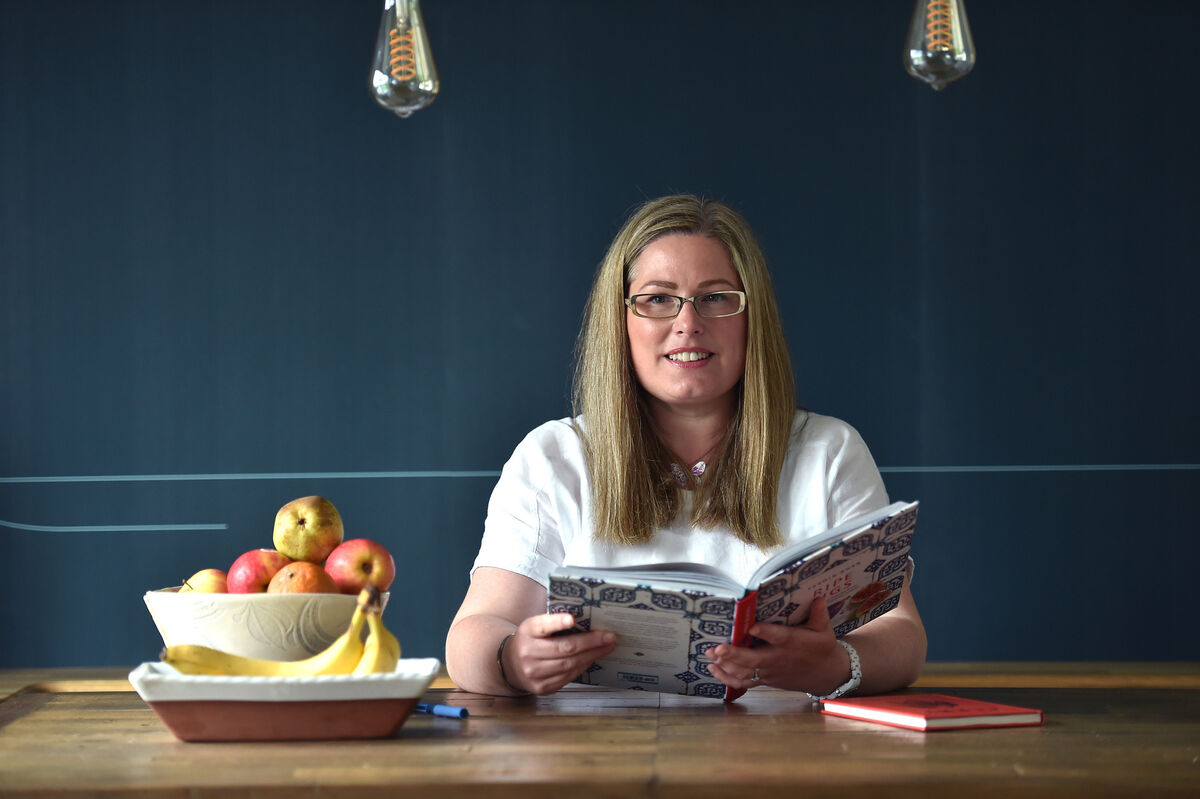
Audit done, now it’s time to plan your week of meals. It doesn’t have to be a different dinner every night of the week - that level of variety is great to keep food interesting, but it costs more and can lead to more food waste. Mix things up with dishes that will do for two dinners, or a dinner and a lunch the next day; dishes that make use of leftovers or endy-bits. Thinking creatively about how to use up food is the best way to improve skills as a home cook.
Build in contingencies because life rarely goes to plan. You want to say yes to a spontaneous night out with dinner and friends because that’s always a good idea. Avoid food waste by making use of work arounds such as freezing, turn a dinner into a couple of lunches instead, or change up what you cook for the rest of the week if something’s likely to go past its best.
Build in a day for fridgeraiding. For me, this is usually the day before I do my weekly shop to use up half an onion, a bendy carrot, a couple of bacon rashers, the last bits of a fresh herbs from last week’s shop. The meal must make some sense in terms of flavour or texture, but it might not be the best-looking plate of food you’ve ever served up. Don’t worry about that, have fun getting creative in the kitchen; you never know, you might surprise yourself!
Scribbled on the back of an envelope or a fancy app on your phone, the shopping list is the best piece of kit in your Kitchen Reset armoury. Sticking to it ensures buying only what you need, save money, stick to budget and reduce food waste.
Whatever budget you’re working too, if you can, have a little contingency set aside for a spontaneous purchase not on your list. What this might be is dependent on your own circumstances, but food is one of the greatest treats we can have. It might be something as simple as a chocolate bar, a nice loaf of bread, a chunk of fancy cheese, or a bottle of wine.
For the spontaneous treat to work, it must be within budget, and it must be used. So, if those cut price offers in the bin ends is temptation calling, ask yourself if it’s in your contingency budget, is it something you like, and will you definitely use it? If not, hold onto your contingency and put it towards something better instead.
Food waste is money in the bin, so learn to love your leftovers! It doesn’t have to be a beautiful plate of food, but it might be. It’s a good way to get children involved in the kitchen too. Together, figuring out what to do with a few random bits can encourage thinking creatively about food, get in tune with our taste buds, build a memory bank of flavours and textures that work well together for future reference, and build up cooking skills.
A good larder of dried and tinned ingredients is a godsend when it comes to dealing with leftovers or meal planning in general. Spiced and dried herbs, stock cubes, vinegars, condiments, nuts and seeds are all there waiting to dig you out of your culinary dilemma.
For some reason, I’m always plagued with a bit of left over mash. Combine it with some tinned fish (salmon or mackerel work well), some dried herbs, and form into cakes or patties, scatter over some sesame seeds before heating through in a hot pan and you’ve got dinner sorted. Pair it with a salad of tinned mixed beans with some finely chopped onion, oil, vinegar and some paprika or cumin, and that’s an entire meal from stuff that was hanging around waiting to be used.
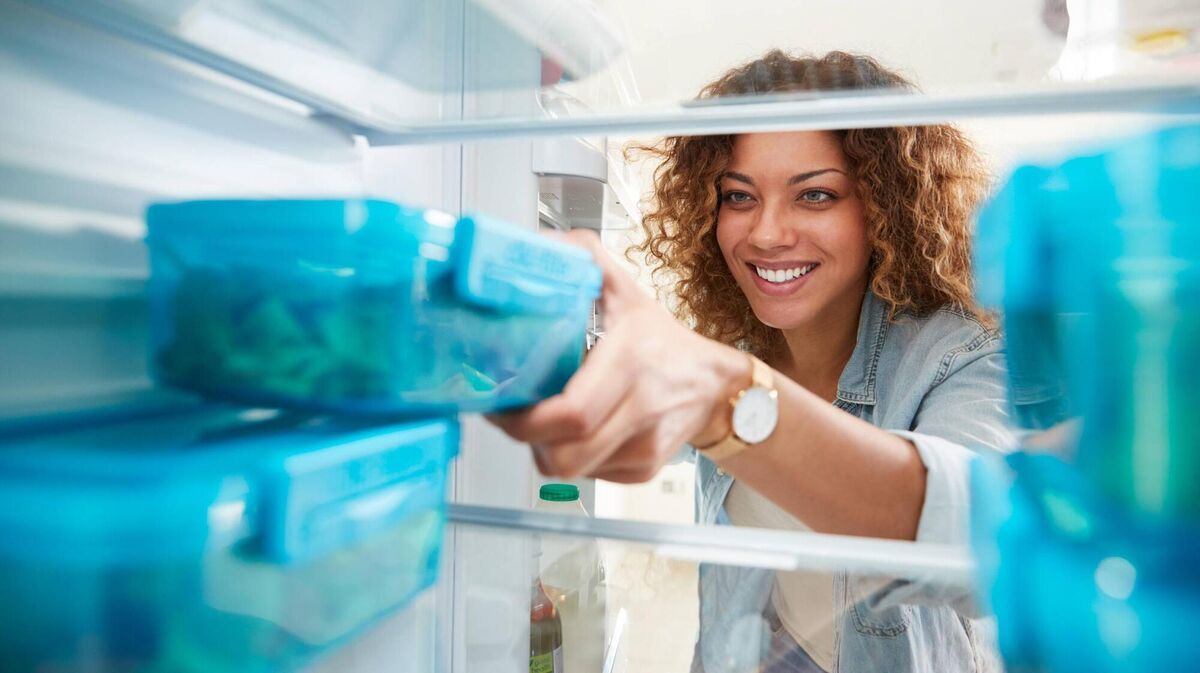
The easiest way to eat, shop and meal plan better is to learn how to cook. It may sound like a cliché but knowing how to do just a few basic things is a life skill. You’ll be able to feed you and your family good food and cook for friends too - always a joyful thing to do.
The more I visit my local grocery store, the more I realise there is less space available for ingredients (foods that can be brought together to create a dish at home), and more space given over for foods already cooked, pre-prepared or need reheating.
This is food being sold to us as a solution of convenience that fits with our very busy lives, rather than the essential fuel we need for energy, health, and vitality. Convenience foods are generally more expensive to buy and often less nutritious.
Learning how to cook a few simple dishes is the foundation for cooking anything if we are curious enough to give something a go. Although the idea of watching mum, dad, or grandma cooking and learning by osmosis can seem a twee reminder of time long gone, it’s not. Watching someone else cook a dish that you then enjoy eating is a powerful thing.
So, maybe even before you clean out your presses, organise your space, meal plan, and go shopping, the biggest kitchen reset you can do is sign up to a cookery class and learn how to make a few dishes you love and can enjoy year after year.
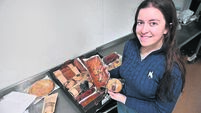





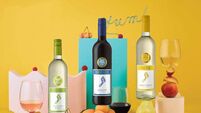
 App?
App?


